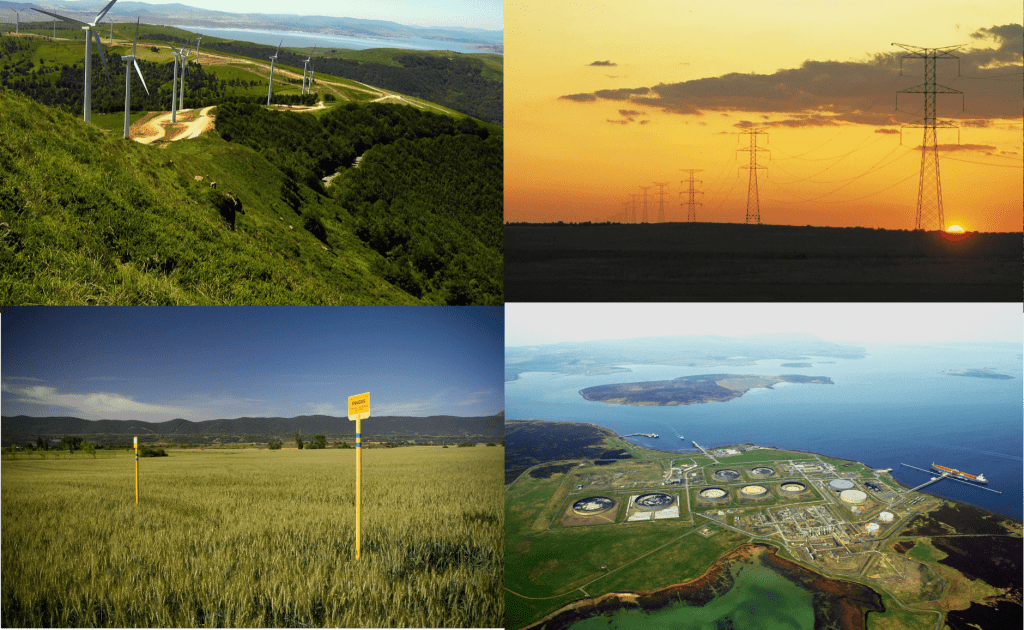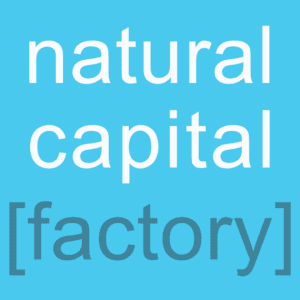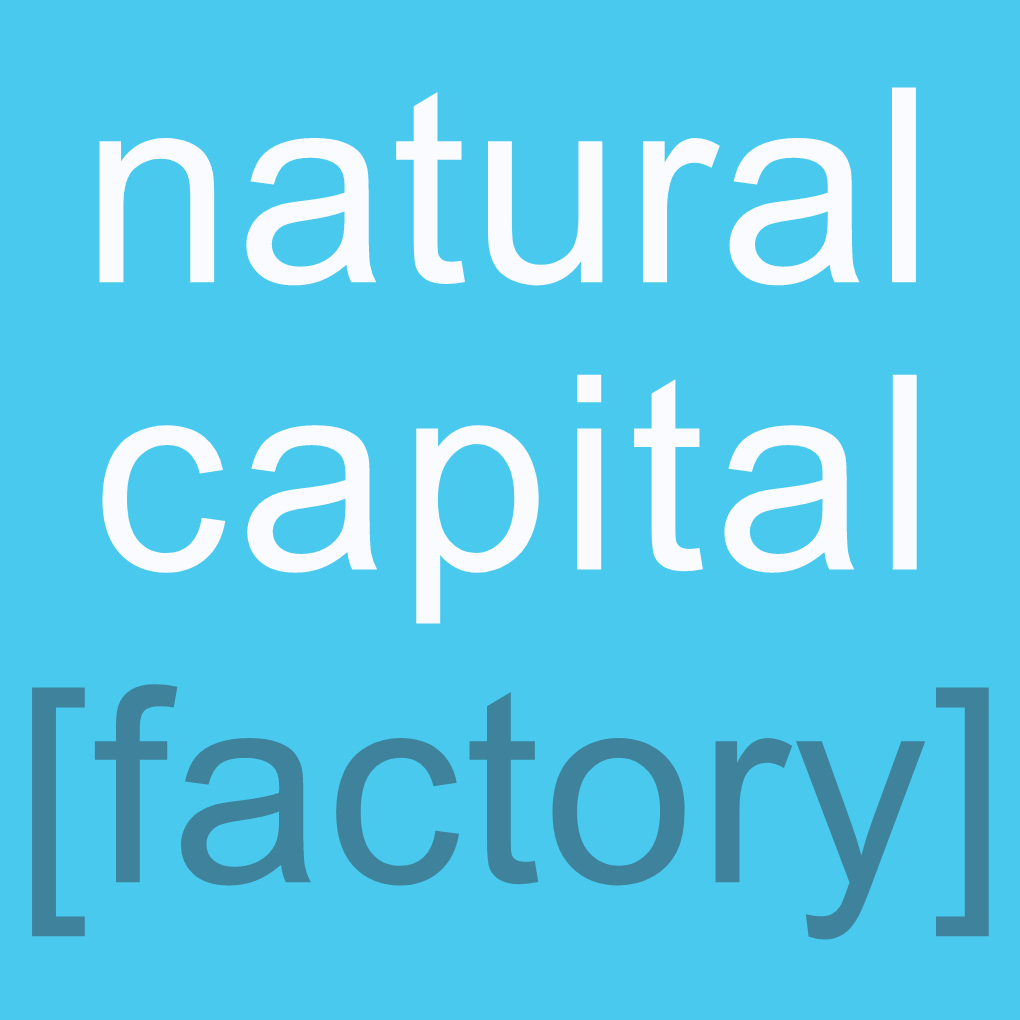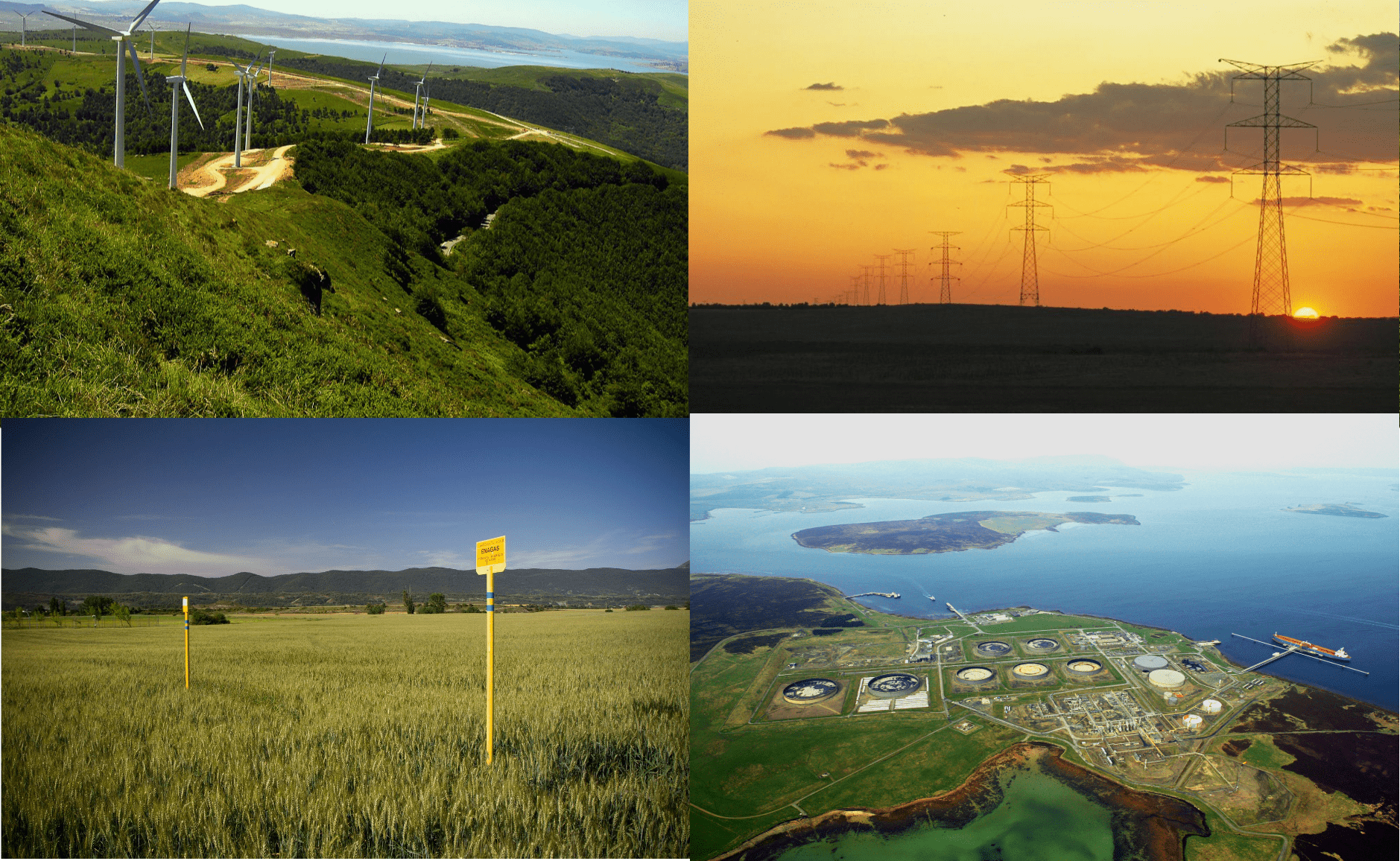

At the beginning of July, the Sectoral Group on Natural Capital and Energy -which is part of the Natural Capital Factory´s Sectoral Groups- participated in the monthly Office Hour of the European Union’s We Value Nature campaign as an inspirational cohort model in this field.
Energy companies’ representatives that are members of the Working Group and the Coordination Team explained to the participants their collaborative experience since the launching of the project promoted by Ecoacsa and Azentúa. They shared lessons learned, opportunities, outcomes, successes and benefits during months of joint work to make progress on the application of natural capital approaches.
M.ª José Rubial, Director of Operations of Azentúa, and David Álvarez, Executive Director of Ecoacsa, explained the reasons why the promoted this collaborative experience which began at the end of 2018. Among them, they highlighted:
- Interest identified among Spanish energy sector in learning and make progress in applying natural capital approaches as an instrument of change to improve the relationship between the sector and nature and to enable its greater and better contribution to nature conservation.
- To provide useful tools to help Spanish energy companies to make better decisions that can affect the health and state of natural capital.
- To build a science-based consensus around what natural capital assets, ecosystem services and dependencies on natural capital are most relevant to energy companies to articulate common terminology (to speak the same language) and measurement and valuation methodology to mainstream natural capital into the Spanish energy sector.
Emilio Tejedor, Director of Environment at Iberdrola, emphasized that this experience has allowed them “to apply in practice different tools and methods to obtain qualitative outcomes, as well as to be able to work at two scales: at technology level and at sectoral level.”
It has also been very useful to be able to agree on a valid harmonized terminology for its application by all companies, in addition to establishing a common framework to identify, measure and assess the impacts and dependencies (direct and indirect, positive and negative) on natural capital.
Emilio Tejedor, Head of Environment at Iberdrola
Lucía Santolaria, Reporting, Risk & Compliance at Cepsa, stressed that by working together with the rest of the members of the working group, sharing problems and experiences, it has enabled an enriching environment and a relationship of mutual support. Mutual confidence have prevailed, as well as the interest to learn from one another.
Some of the barriers identified throughout this adventure have been the great differences between “electricity” and “oil and gas” activities, and realize that identifying, measuring and valuing ecosystem services and natural capital assets is highly complicated, time-and resources demanding and requires a significant data collection. Furthermore, she cited that “given that quantity of ecosystem services often dependas heavily upon their local and spatial context, this makes it a challenge to generalize materiality degree for them. Sometimes outputs are context specific, which complicates to be consistent and comparable between companies.
Lucía Santolaria, Reporting, Risk & Compliance de Cepsa



No Comments